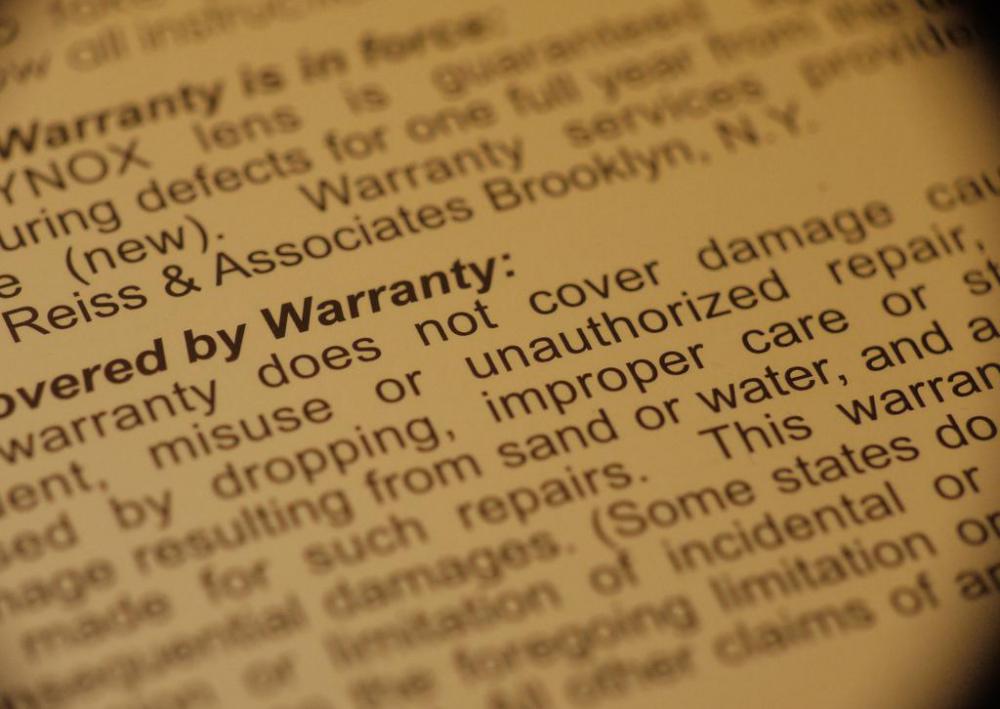At MyLawQuestions, we're committed to delivering accurate, trustworthy information. Our expert-authored content is rigorously fact-checked and sourced from credible authorities. Discover how we uphold the highest standards in providing you with reliable knowledge.
What Is a Replacement Warranty?
A replacement warranty is a type of warranty that typically indicates that if an item malfunctions, then the item covered by the warranty will be replaced. The method in which it can be replaced may vary among different types of warranties, and this is usually described within the language of the warranty itself. Many warranties will also indicate a time frame in which the warranty is valid, usually 90 days or one to three years. A replacement warranty can also establish a number of situations in which the warranty is made invalid.
Sometimes called an extended warranty, this type of warranty can be issued by the manufacturer of a product or by a third-party. These warranties are offered by a number of different businesses, and can cover everything from computer components to major appliances and even power tools. A warranty, in general, is a document that guarantees that a device or item will function properly over a given period of time. The way in which this guarantee may be upheld can vary among different types of warranties, but a replacement warranty typically indicates that if a product fails to function properly, then it will be replaced.

A replacement warranty can be issued by the manufacturer of a product or a third-party company that acts like an insurance company for the product. Manufacturer warranties will typically be upheld by a manufacturer and the product can often be sent directly to a manufacturer in exchange for a replacement. Third-party warranties may be more difficult to use, and the company issuing the warranty may be harder to reach for a replacement. This warranty is often available from a third-party at the time of a product’s purchase.
There are typically numerous stipulations in a replacement warranty regarding how and when the item or device can be replaced. Any attempts to repair an item under warranty can potentially negate the warranty, and negligence on the part of a consumer may also make the warranty void. There is also typically a time limit for when a warranty can be used to replace an item. This time limit is established by the replacement warranty and can vary from a number of months to years. There are even open-ended “lifetime” warranties.
AS FEATURED ON:
AS FEATURED ON:











Discuss this Article
Post your comments